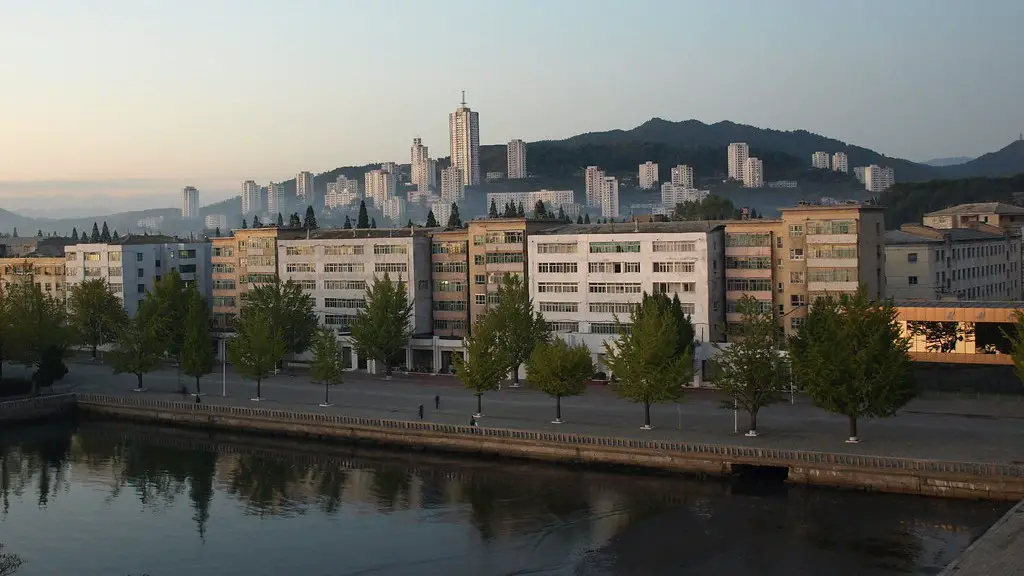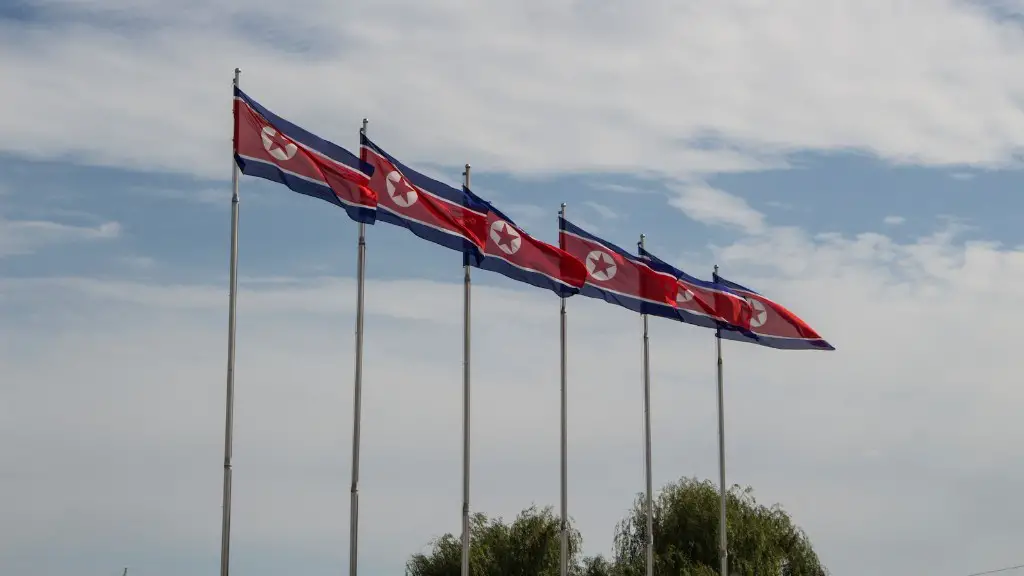Gun Manufacture in North Korea
North Korea manufactures its own firearms, ammunition and explosives. This self-sufficiency has been achieved through the country’s illicit arms trade and domestic manufacturing capabilities. The arms trade is a major industry for North Korea, estimated to be worth $1 billion annually, and cumulative exports over the past 5 years likely exceeding $5 billion. The scope of North Korea’s military arsenal is vast and ever-evolving, and North Korea’s own weapons industry is a significant contributor to the munitions stockpiled.
Types of Guns Used
North Korea’s arsenal consists primarily of in-house manufactured automatic rifles, alongside imports from Russia and China. North Korea’s main weapons include the locally-produced AK-pattern (Type 68 and Type 88 variant) assault rifle, and the latest domestic version of the same weapon (Type 15). Moreover, North Korea also possesses a diverse array of mortars, landmines, rocket launchers, grenades, handguns and other weapons. North Korea’s AK-pattern assault rifles have been widely exported and are in use by many groups around the world, including African and Middle Eastern terrorist organizations.
Small Arms Trade
North Korea has also been involved in a very active small arms trade, documented by the UN Panel of Experts, international governments, and non-governmental organizations. North Korea has been known to export illegal small arms shipments to countries including Iran, Syria, Burma and Yemen. North Korea also exports a wide range of small arms components and accessories, such as ammunition, bayonets, bullet and shell casings, gun parts and stocks, small arms production machinery and spare parts.
North Korean Weapons Industry
North Korea’s weapons industry is largely concentrated in the North Pyongan, South Hamgyong and North Hamgyong provinces, and has been actively engaged in the production of military-grade small arms for decades. The North Korean arms industry is also considered to be a major contributor to the nation’s economy. North Korea’s main weapons manufacturer is the North Korean People’s Army Weapons Materials Corp (NKPAWM), and other smaller weapons manufacturing facilities are believed to be operating in the country.
The Impact of the Weapons Trade
The proliferation of small arms in the region due to North Korea’s weapons trade has created tensions between the government and international organizations. The weapons trade has been used to fund the regime’s nuclear and missile programs, illicit narcotics operations, and to finance terrorist activities. Furthermore, many of the weapons traded by North Korea have been confirmed as having been used in acts of terrorism, fueling international concerns over the proliferation of these weapons.
The Effects of Sanctions
The United Nations Security Council (UNSC) has imposed an extensive set of sanctions on North Korea in an attempt to halt its weapons trade and the development of its nuclear and missile programs. These sanctions have included the freezing of funds for North Korea’s arms trade and other international activities, as well as restrictions on oil and coal exports from North Korea. However, North Korea has been able to maintain its arms trade through its use of sophisticated financial networks and by funneling its profits from arms sales through front companies and through the use of barter-like arrangements.
Global Efforts to Disrupt the Weapons Trade
The United States and other international governments are continuing to take action to disrupt North Korea’s weapons trade. The U.S. has imposed additional sanctions on North Korean companies involved in its weapons trade, as well as taking steps to dismantle the networks of front companies used to facilitate its weapons trade. Furthermore, the U.S. has also adopted a policy of intercepting North Korean shipments of weapons and other items that violate sanctions, in an attempt to disrupt the flow of weapons.
Implications for International Security
North Korea’s ongoing weapons trade is a cause of great concern for international security. The illegal proliferation of weapons to countries around the world poses a serious risk of contributing to destabilizing conflicts and arming terrorist organizations. Furthermore, the funds generated by North Korea’s arms trade are believed to be funding its nuclear and missile programs, which further heightens the risk to international security. North Korea’s weapons trade has been widely condemned by the international community and is being actively disrupted by global efforts.


